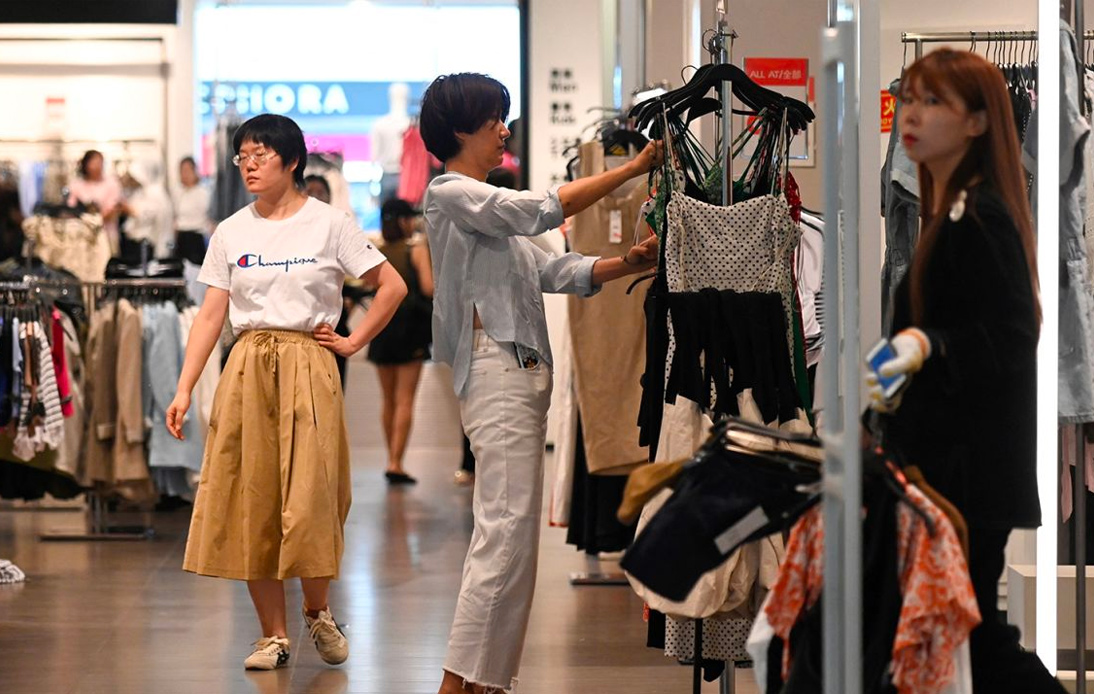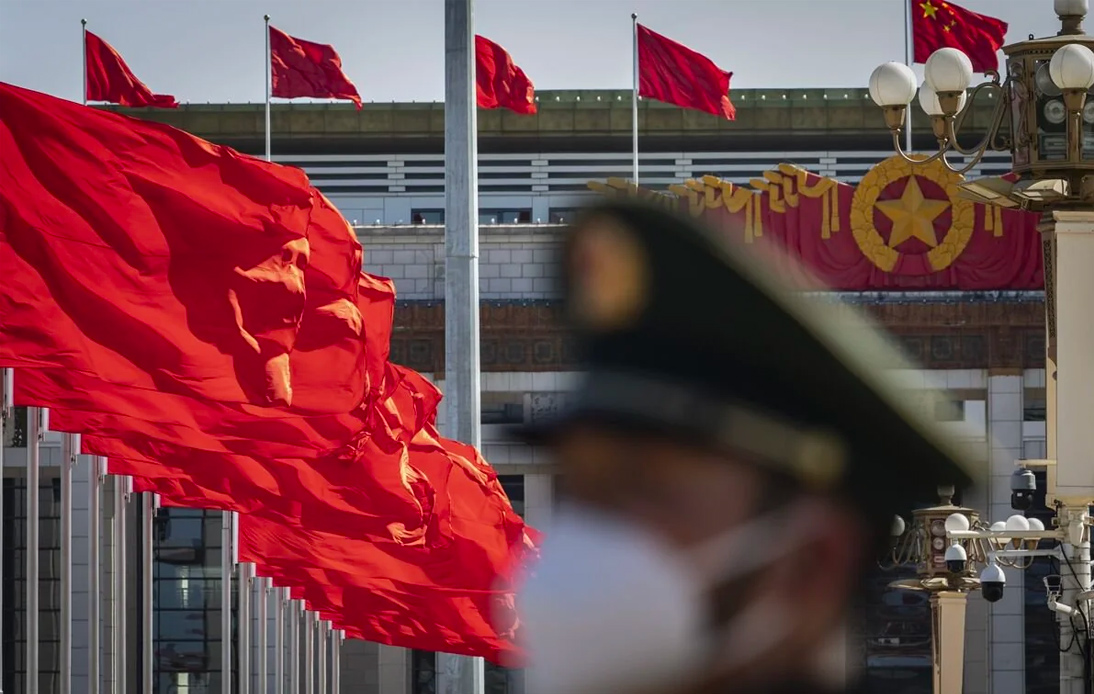
China’s legislature has suggested modifications to a law that, if approved, would permit officials to levy fines and detain individuals who wear clothes that “hurt the nation’s feelings,” igniting new concerns regarding freedom of speech within the nation.
The National People’s Congress’ Standing Committee, which publicized the proposal on its website earlier this month, aims to prohibit attire and symbols regarded as “detrimental to the spirit of the Chinese nation” – a term frequently employed to signify patriotism or its absence.
The phrasing of the preliminary alteration echoes expressions utilized by the Chinese capital to constrain freedom of expression domestically or to retaliate against perceived offenses by overseas nations and corporations.
This initiative comes after numerous restrictions on personal fashion in the preceding years, including broadcasting rules with the purpose of excluding performers with “effeminate styles” from television programs and a persistent campaign against tattoos.
If enacted, the modified legislation would criminalize the act to “wear or force others to wear” objectionable items in public spaces — although the initial proposal does not detail which kinds of attire might be banned.
Individuals found in violation could encounter up to 15 days of detention and be subject to fines amounting to 5,000 yuan ($681).
The prospective modification additionally focuses on regulating speech, forbidding the “producing, disseminating, publicizing, and disseminating articles or remarks” believed to adversely affect China’s “spirit.”
These guidelines are being proposed as revisions to the nation’s Public Security Administration Punishment Law, established in 2006.
The current provisions empower the police to hold individuals in custody for extended periods for a diverse array of offenses, ranging from property defacement to disturbances of public peace.
China’s formal legislative body announced plans to solicit public opinions on the suggested changes throughout the month of September.
On the internet, a group of Chinese netizens voiced their worries and encouraged their fellow citizens to oppose the draft. A number of legal scholars have also pointed out the implicit vagaries of the draft amendment and the lack of clear guidance.
“Who will confirm the spirit of the Chinese nation, and by what procedures?” penned constitutional study scholar Tong Zhiwei, affiliated with the East China University of Political Science and Law in Shanghai, on the Chinese microblogging site Weibo.
“If (the Standing Committee) passes this article according to the current draft, it will inevitably lead to law enforcement and the judiciary arresting and convicting people based on their leaders’ will, which will cause endless harm,” he cautioned.
Criminal law professor Lao Dongyan, hailing from Beijing’s Tsinghua University, alternatively noted that the law might constitute a violation of individuals’ entitlements.
“State power directly interferes in the field of individual citizens’ daily clothing, which is obviously an overreaching intervention,” she wrote on Weibo.
Lao further conveyed concernts that the amendment might foster extremist nationalism and “may exacerbate friction with certain nations, placing (our country) in a disadvantageous stance diplomatically.”
A Brush With Rising Nationalism
The suggested change occurs at a juncture where choices of attire have turned notably politicized in contemporary China, particularly pertaining to Japanese garments.
The escalating “Hanfu” trend, characterized by individuals donning styles of clothing that were prevalent in China prior to the Qing dynasty, is broadly perceived as an indication of increasing nationalistic tendencies amongst the younger generation.
Concurrently, traditional Japanese garments like kimonos are facing criticism as antagonistic feelings towards Japan intensify.
In the previous August, a female Chinese anime enthusiast reported being held by authorities following a photoshoot where she was dressed in a kimono — a customary Japanese attire — in Suzhou, located in the eastern part of the country.
The individual, who modeled her appearance on the Japanese comic series “Summer Time Rendering”, subsequently became the center of extensive discussions on Chinese online platforms, with a group of the users contending that her clothing choice was lacking in patriotism.
A parallel incident from 2019, where campus security personnel were captured on camera assaulting a male dressed in a kimono, likewise ignited fervent discussions on the Chinese internet, highlighting the nation’s readily provoked animosity towards Japan.





















